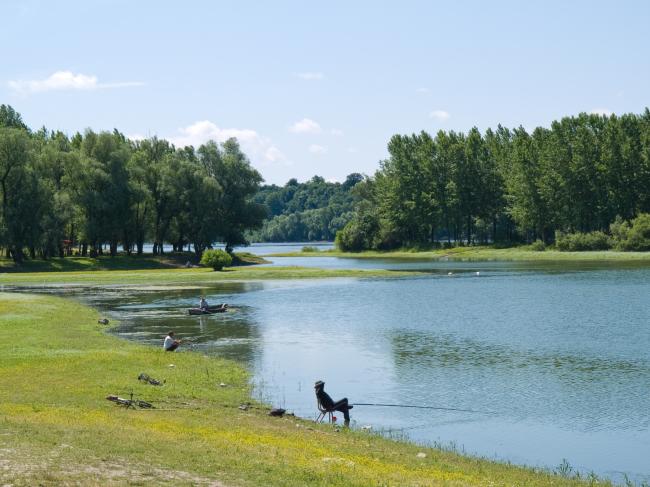
The Covid-19 pandemic had economic and social repercussions on the tourism sector, because of which alternative forms of sustainable cultural tourism are being implemented. As highlighted in the report published by the European Commission Joint Research Centre "Behavioural changes in tourism in times of Covid- 19": “changing consumer preferences hold opportunities for more diversified and sustainable forms of tourism, building on Europe’s rich territorial and cultural diversity. [...] Reshaping governance towards Sustainable Smart Specialisation Strategies (S4), the model could play a key role in the post COVID-19 recovery process”.
Data analysts in the tourism sectors have already investigated on new consumer preferences (bubble resorts, workcations, solo travel, relaxury travel, local travels – food for thought, etc.). New needs increase local journeys as the way of exploring the world with more sustainable travel for communities and the environment, and the 'post-tourism' is emerging as self-development during and after the journey, taking authentic culture-centric experiences. The transversal approaches of the H2020 Be.CULTOUR project aim precisely to innovate identifying four additional emerging trends that serve as inspiration for the project community, attracting a promising niche of sustainable travellers: transformative travel, remote working destinations, proximity travel, post-cultural tourism. Transformative travel permanently affects travellers: it focuses on learning and educational experiences, self-reflection and self-discovery, integrating the experiences into the daily life of the visitor. Homeworking has been one of the primary effects of the pandemic and an increasing number of workers have started to look for remote working destinations. Some authorities and organisations in charge of tourism are looking into long-term attraction of this visitor’s segment, hoping that this trend will stay beyond the long-tail of the pandemic in order to support local economies without displacing any permanent residents’ jobs. Another impact of the pandemic is the increasing trend to proximity travel consisting in travelling close-by to one’s daily environment to re-discover places organising various tourist activities, living unusual experiences and responding to a need for a break from everyday life. Lastly, post-cultural tourism explores different forms of alternative travel which aim to discover authentic ‘unusual’ places. These locations are not included in conventional itineraries, but can be representative of the authenticity of some remote cultural spots, re-discovering particular places in which social and cultural innovation is developed by active local organizations, artists and innovators, turning visitors into ‘temporary residents’.
The identified emerging trends, together with the project's Innovation Areas and transversal innovation approaches to circular cultural tourism, will be the starting point to identify specific place-based and people-based strategies for the development of circular cultural tourism in the Pilot areas of the project. Each area will be thus able to identify a set of actions and strategies for circular cultural tourism, to be included in Local Action Plans, which will be some project outputs.
